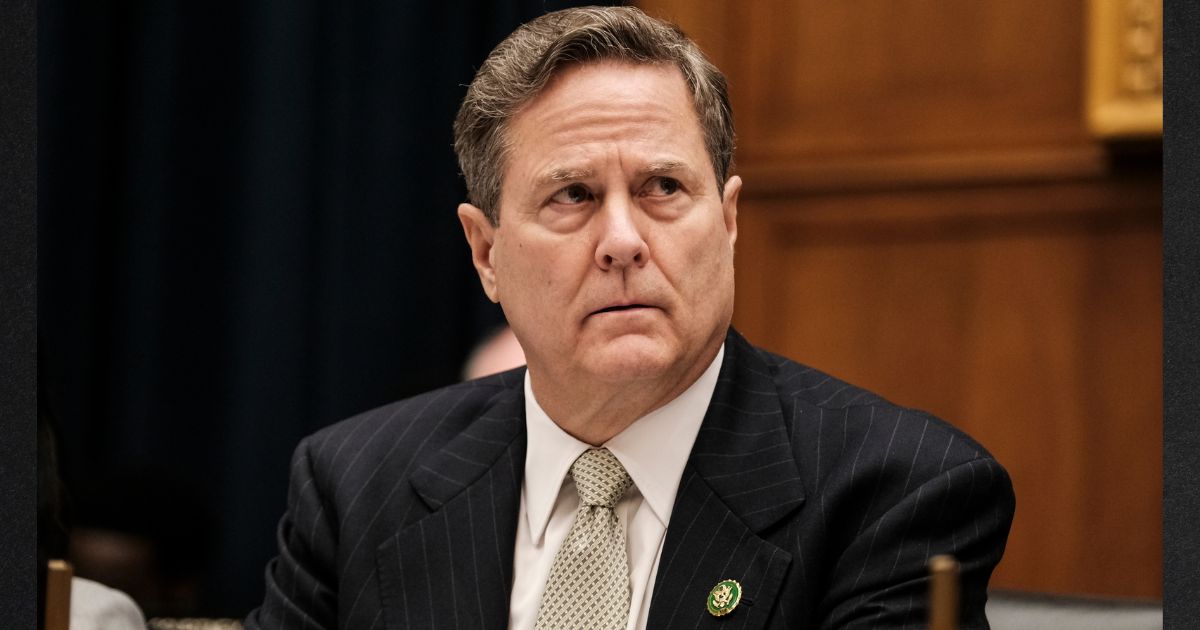Charles Gasparino: Twitter’s Dumb Business Failure Put Politics Over Profit
One takeaway from the explosive “Twitter Files” case is just how much time top executives at the social media platform had spent on censorship as opposed to doing their fiduciary duty and trying to make money for shareholders.
Recall: Since 2013 Twitter had been a public company. For all the progressive yearnings for the leaders of our public companies to consider the “greater good” in their corporate decision-making, their ultimate, legally bound duty is to the investor and thus to enhance the value of the enterprise.
What we are seeing in the Twitter Files drama is that shareholders appear to be a distant second — and maybe third or fourth — in prior management’s concern.
The wasted hours trying to figure out how to deal with The Post’s Hunter Biden laptop story or whose tweets should be blackballed because they run afoul of progressive orthodoxy is so out of proportion to what any public company’s base mission must entail. My bet: If Twitter wasn’t now in private hands with Elon Musk, the shareholder lawsuits would be flying. And who knows? Musk is such a wild card, he might use the laptop imbroglio, the latest revelations of secret Twitter enemies lists, to make a run at the old guard in court.
Of course, if your product is hate speech, you want social media platforms to impose limits. If it’s drug dealing, there are laws preventing that as well. That’s not what we’re talking about here. The Twitter Files are about many things — censorship and leftist bias in Big Media and Big Tech being chief among them.
But it’s also about putting politics above Twitter’s bottom line.
Yes, you can make the case that Musk isn’t doing much better than the old crew in making Twitter profitable. He’s been CEO for about two months, and he’s fired a chunk of his staff, including people he needed to keep the site running — not smart — whom he needed to hire back.
Daunting hurdles
Even with Musk trying to squeeze left-wing bias out of the platform’s censors (so they can focus on cracking down on kiddie porn and outright calls for violence), the business faces daunting hurdles. He has no idea how to create something that makes money reliably after paying $44 billion for it.
Catch up on Twitter’s censorship of The Post’s Hunter Biden laptop story
Still, if Musk loses money, it’s his own skin in the game. Twitter is now a private company answerable to no one but crazy Elon, the world’s richest man. Not so before, when Twitter was public and management was legally answerable to shareholders for its actions.
What we see from the Twitter Files is that the pre-Musk Twitter was something pretty sinister from a shareholder standpoint: A public company obsessed with the process of how to censor stuff — profits and those pesky shareholders be damned.
The company’s woke management infrastructure hated that the Hunter Biden laptop story would have made then-presidential candidate Joe Biden look bad.

How to rationalize keeping it out of the public debate became an all-consuming management effort — as opposed to leveraging news that would spike platform traffic and ad sales. It took weeks to figure out, and just the way I suspect management wanted it, because the immediate release of The Post’s reporting could have reelected every lefty’s nightmare, Donald Trump.
Keep in mind, if Twitter really cared about whether the contents of the laptop were authentic — from Hunter Biden’s cavorting with hookers to his sleazy business dealings that would have stained his old man — there was a simple way to find out: A phone call.
That call would have taken minutes, given Twitter’s ties to the Democratic Party, and it would have yielded the answer that others received when asked about the authenticity of the laptop — a stern nondenial. Then it would have been off to the races, allowing the story to circulate and generate buzz so Twitter management could do what most decent businesspeople would have done, and what public companies are legally obligated to do: Make money off that buzz.

None of which happened, of course. It’s why Twitter has been wrestling with red ink on the bottom line from the minute it went public.
The people who created Twitter, including former CEO Jack Dorsey, were supposed to be innovators. Dorsey himself split his time between Twitter and a company called Block (formerly known as Square). The mobile-payments outfit had technology that reasonably could have been integrated into Twitter’s social media platform to increase revenue.
Trying to make a buck
It’s along the lines of what Musk is proposing today, which means that for all of Elon’s faults, he’s at least trying to make a buck.
Meanwhile, the Twitter Files show Dorsey was largely outside the loop on the full extent of censorship concerning The Post’s laptop reporting. OK, but why were he and his minions apparently so out of the loop on innovating and returning value to shareholders?
After the Twitter Files, I can only guess that these geniuses were more interested in censorship than building a profitable business.
" Conservative News Daily does not always share or support the views and opinions expressed here; they are just those of the writer."





Now loading...